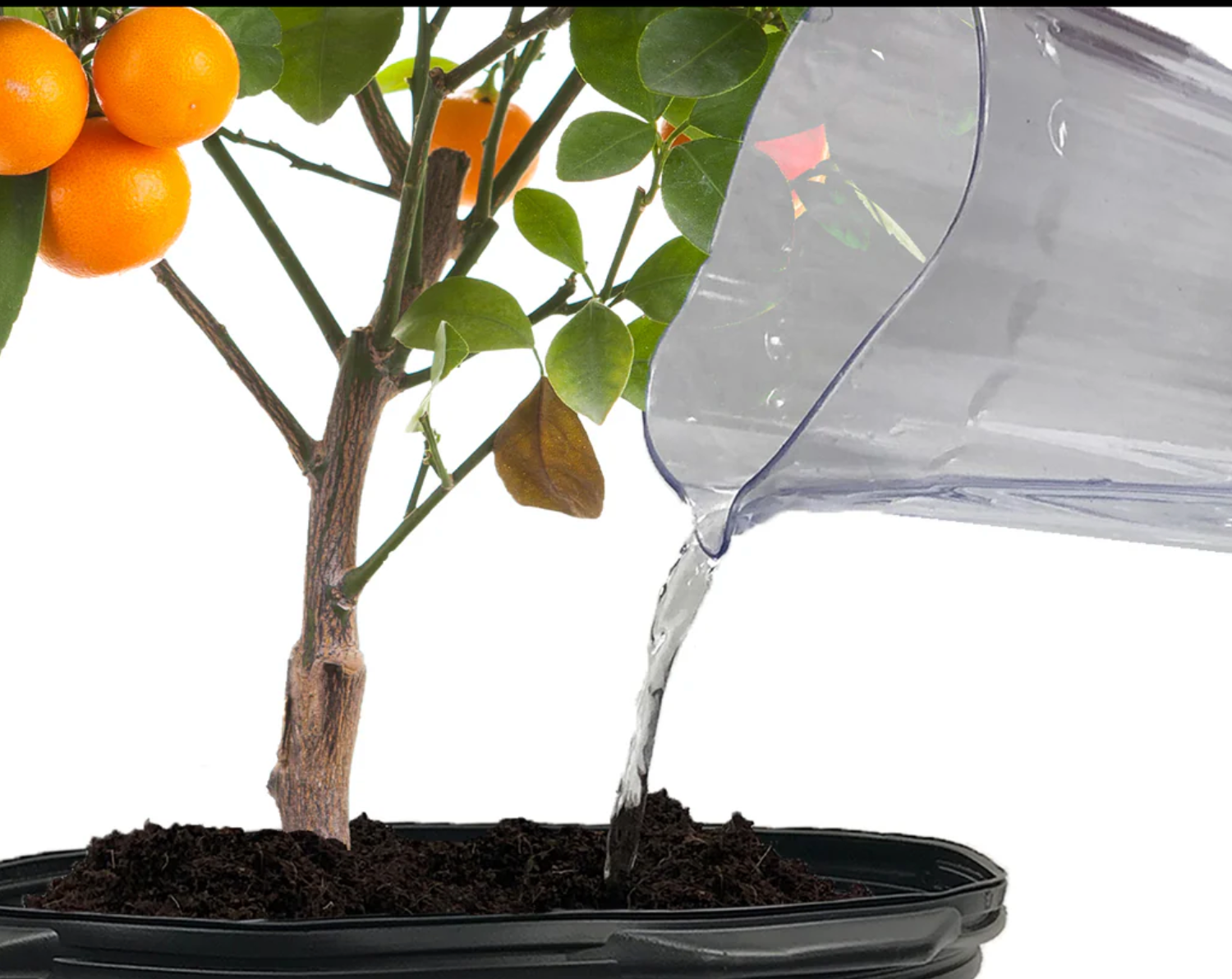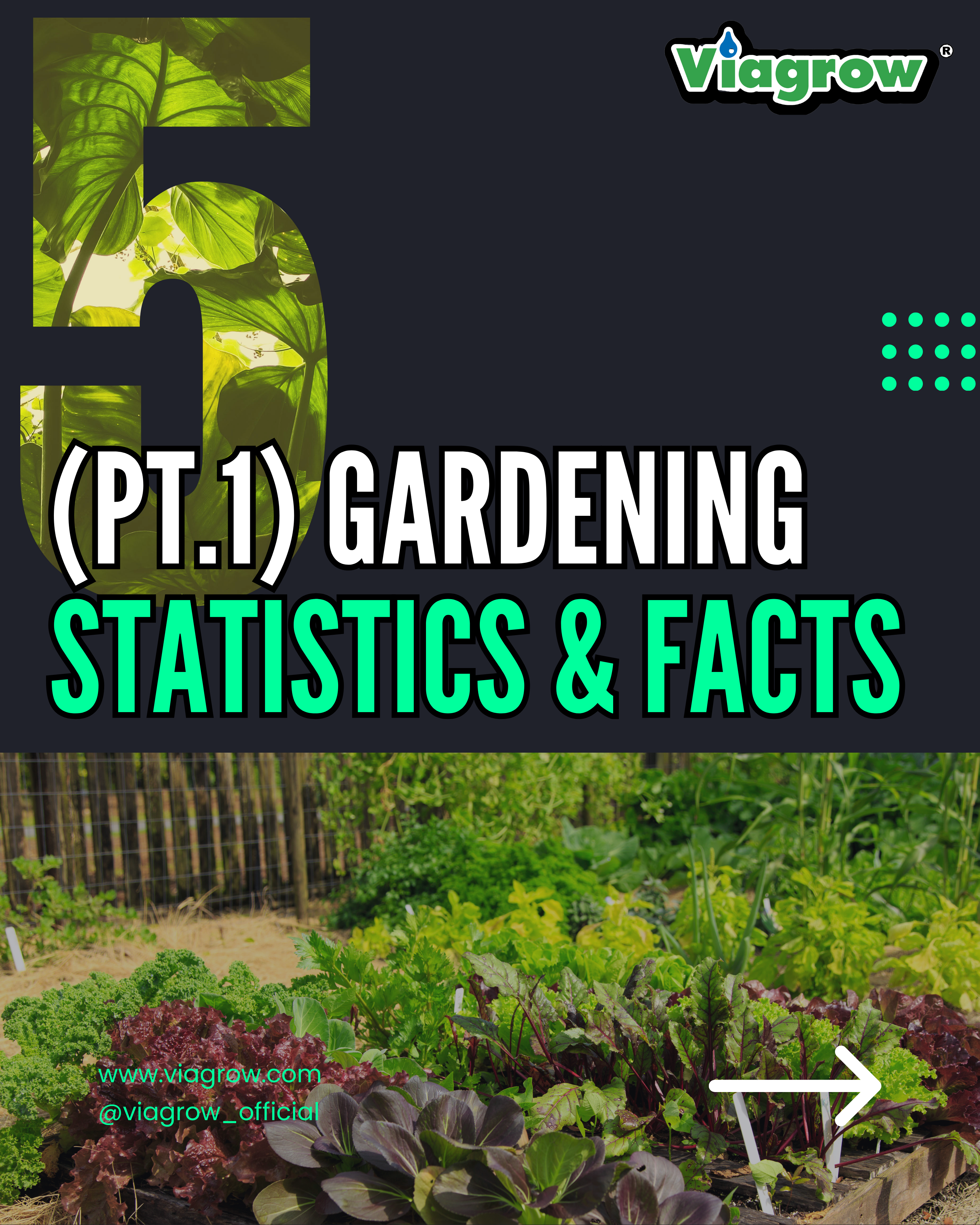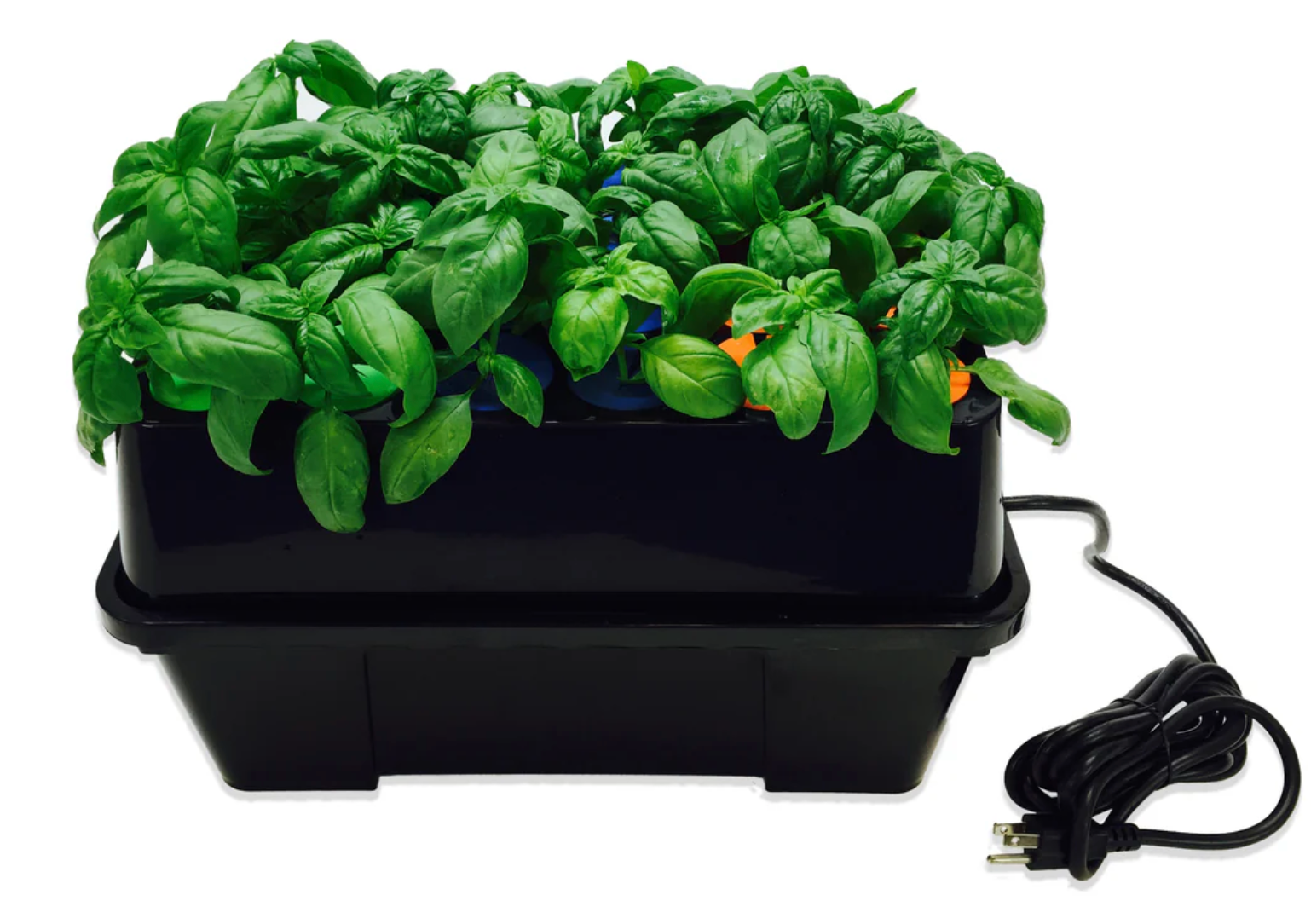Coconut coir, a natural fiber extracted from the husk of coconuts, has become a staple in modern gardening due to its numerous benefits and its versatility. Whether you’re a seasoned gardener or just starting, incorporating coconut coir into your gardening practices can significantly enhance plant health and growth. This guide will explore the benefits, uses, and tips for using coconut coir effectively in your garden.
Benefits of Coconut Coir
1. Optimal Water Management
Coconut coir is known for its exceptional water retention capabilities. It can hold up to 10 times its weight in water, ensuring that your plants stay hydrated even in dry conditions. Simultaneously, it promotes proper drainage, preventing waterlogging and reducing the risk of root rot.
2. Balanced Moisture and Aeration
One of the standout features of coconut coir is its ability to maintain a perfect balance between moisture retention and aeration. This balance ensures that plant roots receive adequate oxygen, promoting growth while preventing issues related to overwatering or poor soil aeration.
3. Natural Pest Resistance
Coconut coir possesses natural anti-fungal properties and pest resistance, making it an excellent choice for healthy plant growth. Its resilience against garden pests like moths and other insects reduces the need for chemical pesticides, contributing to a more organic gardening approach.
4. Sustainability
Coconut coir is a byproduct of the coconut industry, making it an environmentally friendly alternative to peat moss, which is harvested from non-renewable bogs. Using coir supports sustainable practices and reduces your carbon footprint.
5. Enduring Fiber Quality
The fibers in coconut coir are incredibly durable, retaining their structure and effectiveness even after extensive use. This longevity makes coir a cost-effective and reliable choice for gardeners.
Uses of Coconut Coir

1. Seed Starting
Coconut coir is an excellent medium for starting seeds. It's fine texture allows for easy root penetration and provides a sterile environment that minimizes the risk of disease. Simply hydrate the coir, place your seeds, and watch them sprout into healthy seedlings.
2. Soil Amendment
Incorporating coconut coir into your garden soil can significantly improve its structure. Coir enhances soil aeration, drainage, and moisture retention, creating a healthier environment for plant roots. Mix coir with your existing soil to boost its overall quality.
3. Hydroponics and Aeroponics
Coconut coir is a popular choice for hydroponic and aeroponic systems due to its inert nature and excellent water retention properties. It provides a stable growing medium that supports robust root development in soilless gardening setups.
4. Container Gardening
Using coconut coir in container gardening helps maintain consistent moisture levels, essential for plants in pots. It also improves drainage, preventing water from stagnating at the bottom of containers and reducing the risk of root rot.
5. Composting
Coconut coir can be used as a brown matter component in composting. Its carbon-rich fibers balance the nitrogen-rich green matter, promoting efficient decomposition and producing high-quality compost for your garden.
Tips for Using Coconut Coir

1. Proper Hydration
Before using coconut coir, ensure it is adequately hydrated. Coir typically comes in compressed bricks or blocks that need to be soaked in water to expand. Follow the manufacturer’s instructions for the correct water-to-coir ratio to achieve the desired consistency.
2. Mixing with Other Media
For optimal results, mix coconut coir with other growing media such as perlite, vermiculite, or compost. This combination enhances the overall structure, drainage, and nutrient-holding capacity of the planting medium.
3. Monitor Moisture Levels
While coconut coir retains water well, it’s essential to monitor moisture levels to prevent overwatering. Use a moisture meter or simply check the coir’s dampness regularly to ensure it remains consistently moist but not waterlogged.
4. Nutrient Management
Coconut coir is an inert medium, meaning it doesn’t provide nutrients on its own. Supplement your plants with a balanced fertilizer to ensure they receive the necessary nutrients for growth. Coir’s excellent cation exchange capacity helps retain these nutrients, making them available to plants over time.
5. Reuse and Recycle
Coconut coir can be reused multiple times before it loses its effectiveness. After each use, rinse the coir to remove any residual salts or nutrients and let it dry before storing. Reusing coir reduces waste and makes your gardening practices more sustainable.
Final Thoughts
Incorporating coconut coir into your gardening practices offers numerous benefits, from improved water management and aeration to natural pest resistance and sustainability. Whether you’re starting seeds, amending soil, or setting up a hydroponic system, coconut coir is a versatile and effective choice. By following the tips outlined in this guide, you can make the most of this remarkable growing medium and enjoy healthier, more vibrant plants in your garden. Embrace the power of coconut coir and take your gardening to the next level!
For those looking to enhance their gardening experience, Viagrow also offers bulk coconut coir options for those looking to scale-up their operation, or maintain an existing one. With high-quality, sustainably sourced coir products, Viagrow ensures that your plants receive the best possible start. Browse our website to discover the perfect coconut coir product for your needs and elevate your gardening game today!










Laisser un commentaire
Tous les commentaires sont modérés avant d'être publiés.
Ce site est protégé par hCaptcha, et la Politique de confidentialité et les Conditions de service de hCaptcha s’appliquent.